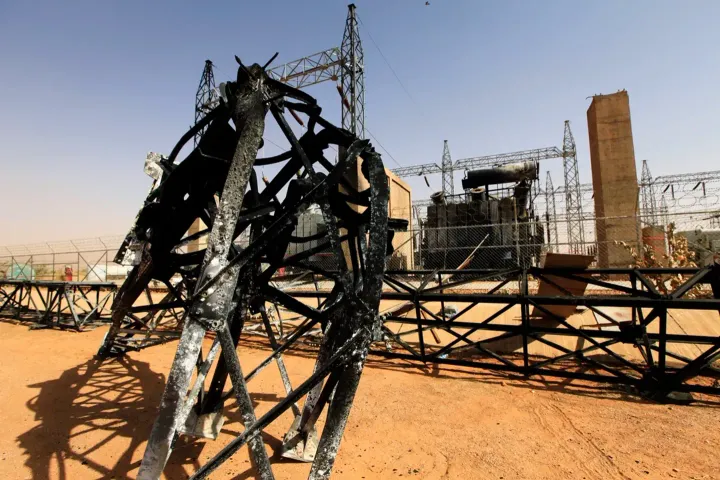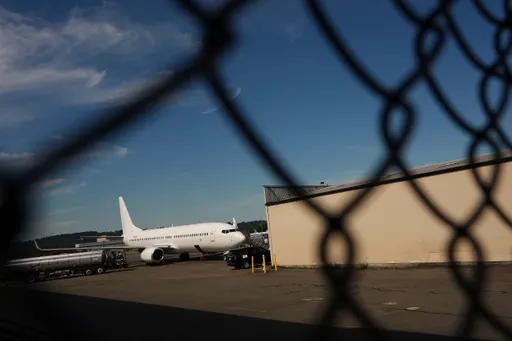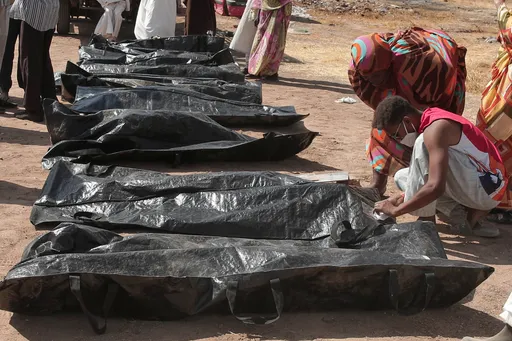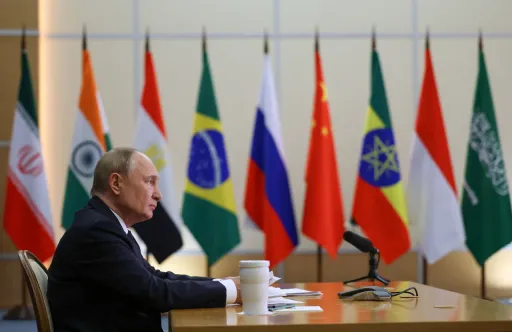The Congo Basin's tropical forests, known as the "planet's second lung" behind the Amazon, are shrinking by one to five percent a year due to illegal logging and mining, a study said.
As the region has lost 30% of its forest cover since 2001, the "rapid degradation... poses a threat to the livelihoods of millions who rely on the forests' resources and the regulating role the forests play for African rain patterns and carbon sequestration", according to a report by the Africa Centre for Strategic Studies (ACSS), published in November.
Criminal rings exploit "gaps in the regulatory framework" with the complicity of corrupt officials to plunder the dense forests, which cover about 200 million hectares (500 million acres) – the size of a country like Saudi Arabia.
It is costing the continent $17 billion per year, according to the ACSS, an academic institution set up by the US Department of Defense.
'Illegality still occurs'
Six countries – Cameroon, the Central African Republic, the Democratic Republic of the Congo, Equatorial Guinea, Gabon and the Republic of the Congo – house the majority of forests in the Congo Basin which account for 70% of forests on the African continent.
"The Congo Basin absorbs more carbon dioxide than any other region in the world," the report said.
Despite efforts to improve law enforcement, governance and trade, "illegality still occurs throughout the timber supply chain", including for rare hardwoods, logged illegally and mostly exported to China, according to the study.
The annual degradation of DRC's tropical forest is causing carbon emissions equivalent to "50 coal-fired power plants operating for a full year", according to the report, which calls for better protection of an "invaluable treasure."
'Bribing' ministers
Investigations in the country have shown that "timber companies routinely bribe ministers and other senior officials to illegally obtain timber concessions, avoid penalties for overharvesting, and export in excess of quotas."
To save the forests, the report recommends improving and strengthening security cooperation between the affected countries to fight criminal networks and "increasingly sophisticated" armed groups.
Nations should also expand satellite imagery to improve surveillance, the centre said.
➤Click here to follow our WhatsApp channel for more stories.










.JPG?width=512&format=webp&quality=80)










